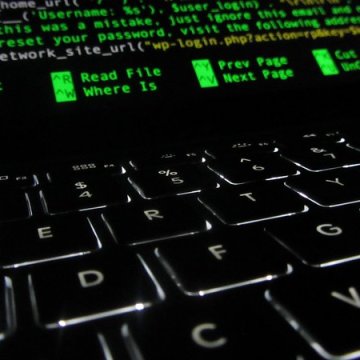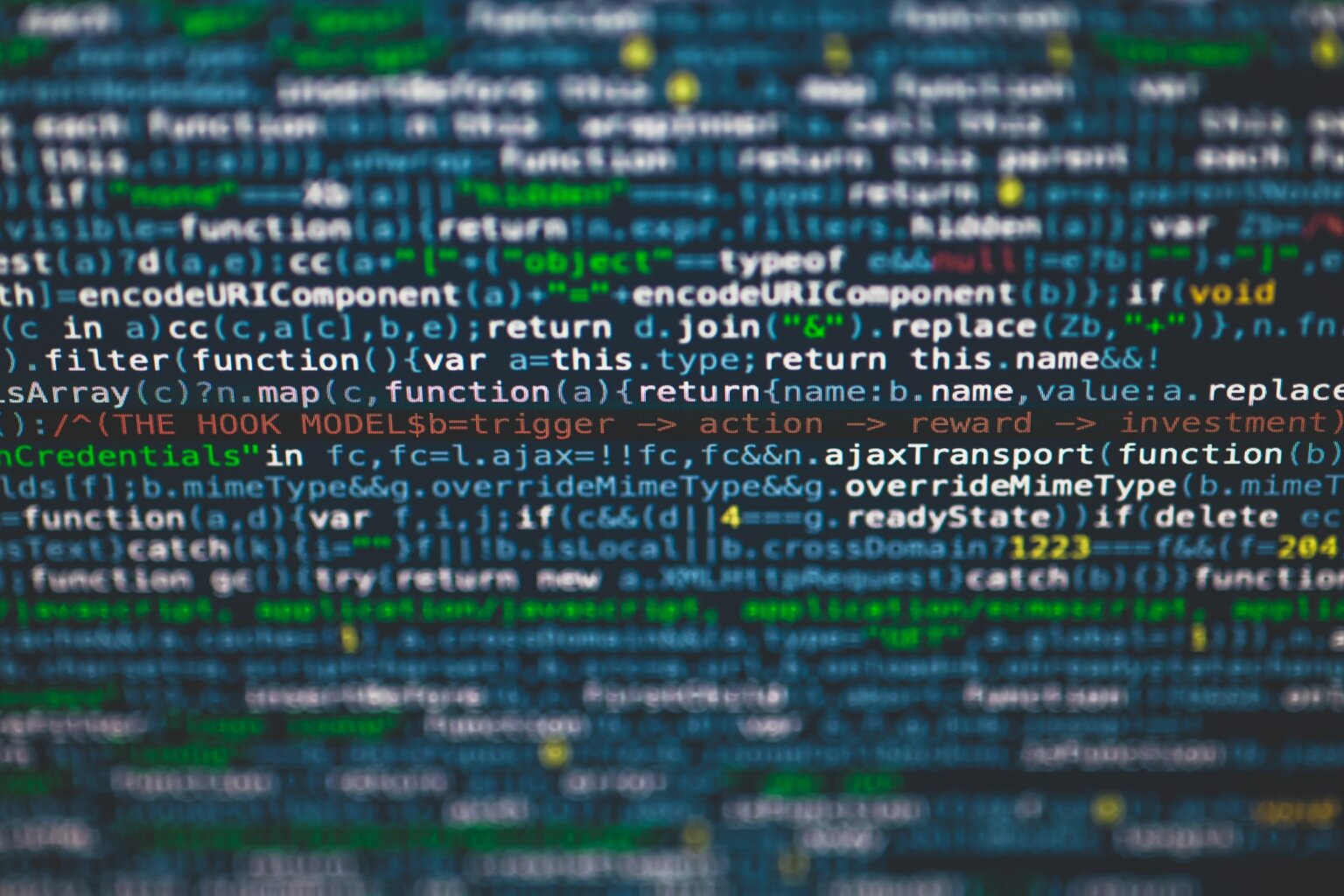- About
- Topics
- Picks
- Audio
- Story
- In-Depth
- Opinion
- News
- Donate
- Signup for our newsletterOur Editors' Best Picks.Send
Read, Debate: Engage.
| topic: | Freedom of Expression |
|---|---|
| located: | India |
| editor: | Hanan Zaffar |
In a time when everyday life can be unimaginable without access to cyberspace, the authorities in India imposed internet shutdowns 75 times in 2022 - the most by any government.
Since 2012, India has blocked access to the internet as many as 690 times since in different parts of the country. While the United Nations calls access to the internet a fundamental right, authorities in India, specifically from the current regime led by the Hindu-nationalist BJP, have often resorted to preventing Indian citizens’ use, especially following protests against the party’s wrongdoings.
The government’s abuse of recurrent internet censorships is in line with its attitude of suppressing any criticism directed at it. The present ruling party, led by Prime Minister Narendra Modi, is often and widely called out for its lack of acceptance of and harsh stand towards critics and minorities. It has, on numerous occasions, targeted critical voices against it using different governmental tools at its disposal.
The government’s Internet shutdowns often take place in situations of protests against its actions or policies, or in anticipation of such protests. For example, last year, the internet was suspended in the wake of mass protests against the new unpopular army recruitment scheme introduced by BJP.
The authorities mainly suspend the internet under the pretext of maintaining peace and “law and order.” The case of Indian-administered Jammu & Kashmir is a peculiar one. The region has witnessed 418 internet shutdowns since January 26, 2012, including some of the longest shutdowns in the world, which lasted for several months. Last year the Indian government, which has been directly ruling the region since 2018, cut off the internet 43 times.
The internet shutdown has become a norm in the disputed region, as the government resorts to its use at any anticipated inconvenience. For example, last year the internet was suspended following the death of the son-in-law of a late pro-freedom leader because, according to the government order, “there was likelihood of a mass gathering of people to attend his last rites.”
The region was under internet shutdown for about 552 days following the Indian government’s decision to abrogate the region’s autonomy. Similarly, in 2016, the internet was blocked for almost 133 days following the protests and civil unrest responding to the killing of a Kashmiri armed rebel.
The obstruction of a region’s population from the internet isolates it from the rest of the world, which can be detrimental to the region’s economy and impact the social and mental state of the people. As so much of everyday life depends on access to online spaces, from education, work and finances, its obstruction drastically disrupts the wellbeing of citizens, mentally and economically. Some traders in the region have complained of billions of rupees in losses for not being able to access online markets.
More importantly, the internet is a tool of expression and a tool for access to information. Since most people receive their news through the internet, blocking access to it leaves people uninformed of their current environments. The act of shutting down the internet is an infringement of people’s fundamental right to express themselves, and a consistent act of blocking it is an indication of the authority’s willingness to suppress self-expression at any cost.

